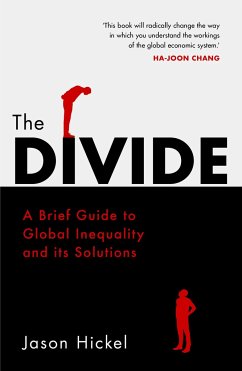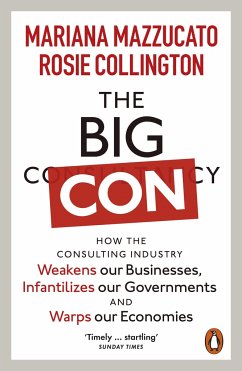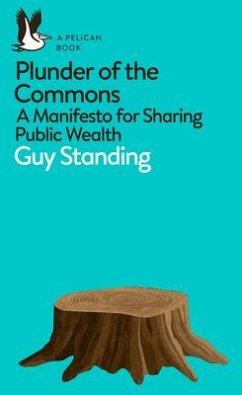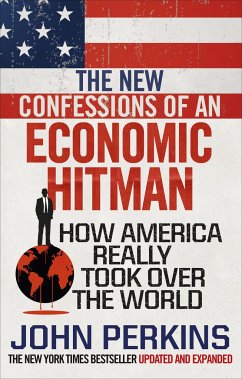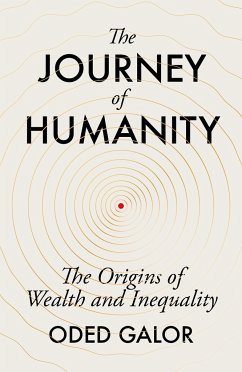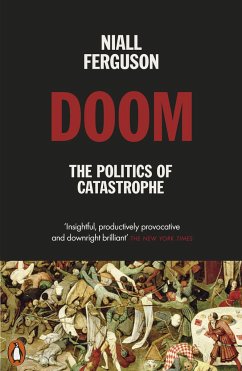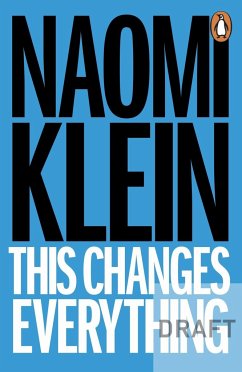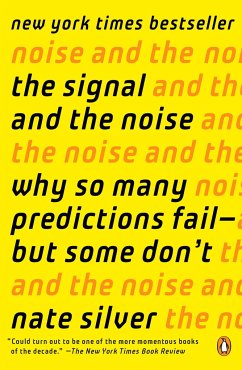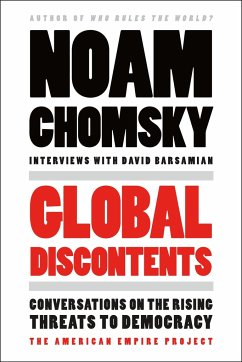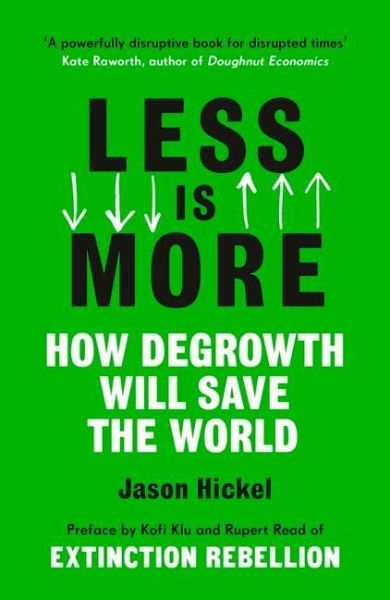
Less is More
How Degrowth Will Save the World

PAYBACK Punkte
5 °P sammeln!
'A powerfully disruptive book for disrupted times ... If you're looking for transformative ideas, this book is for you.' KATE RAWORTH, economist and author of Doughnut EconomicsA Financial Times Book of the Year______________________________________Our planet is in trouble. But how can we reverse the current crisis and create a sustainable future? The answer is: DEGROWTH.Less is More is the wake-up call we need. By shining a light on ecological breakdown and the system that's causing it, Hickel shows how we can bring our economy back into balance with the living world and build a thriving soci...
'A powerfully disruptive book for disrupted times ... If you're looking for transformative ideas, this book is for you.' KATE RAWORTH, economist and author of Doughnut Economics
A Financial Times Book of the Year
______________________________________
Our planet is in trouble. But how can we reverse the current crisis and create a sustainable future? The answer is: DEGROWTH.
Less is More is the wake-up call we need. By shining a light on ecological breakdown and the system that's causing it, Hickel shows how we can bring our economy back into balance with the living world and build a thriving society for all. This is our chance to change course, but we must act now.
______________________________________
'A masterpiece... Less is More covers centuries and continents, spans academic disciplines, and connects contemporary and ancient events in a way which cannot be put down until it's finished.' DANNY DORLING, Professor of Geography, University of Oxford
'Jason Hickel shows that recovering the commons and decolonizing nature, cultures, and humanity are necessary conditions for hope of a common future in our common home.' VANDANA SHIVA, author of Making Peace With the Earth
'This is a book we have all been waiting for. Jason Hickel dispels ecomodernist fantasies of "green growth". Only degrowth can avoid climate breakdown. The facts are indisputable and they are in this book.' GIORGIS KALLIS, author of Degrowth
'Capitalism has robbed us of our ability to even imagine something different; Less is More gives us the ability to not only dream of another world, but also the tools by which we can make that vision real.' ASAD REHMAN, director of War on Want
'One of the most important books I have read ... does something extremely rare: it outlines a clear path to a sustainable future for all.' RAOUL MARTINEZ, author of Creating Freedom
'Jason Hickel takes us on a profound journey through the last 500 years of capitalism and into the current crisis of ecological collapse. Less is More is required reading for anyone interested in what it means to live in the Anthropocene, and what we can do about it.' ALNOOR LADHA, co-founder of The Rules
'Excellent analysis...This book explores not only the systemic flaws but the deeply cultural beliefs that need to be uprooted and replaced.' ADELE WALTON
A Financial Times Book of the Year
______________________________________
Our planet is in trouble. But how can we reverse the current crisis and create a sustainable future? The answer is: DEGROWTH.
Less is More is the wake-up call we need. By shining a light on ecological breakdown and the system that's causing it, Hickel shows how we can bring our economy back into balance with the living world and build a thriving society for all. This is our chance to change course, but we must act now.
______________________________________
'A masterpiece... Less is More covers centuries and continents, spans academic disciplines, and connects contemporary and ancient events in a way which cannot be put down until it's finished.' DANNY DORLING, Professor of Geography, University of Oxford
'Jason Hickel shows that recovering the commons and decolonizing nature, cultures, and humanity are necessary conditions for hope of a common future in our common home.' VANDANA SHIVA, author of Making Peace With the Earth
'This is a book we have all been waiting for. Jason Hickel dispels ecomodernist fantasies of "green growth". Only degrowth can avoid climate breakdown. The facts are indisputable and they are in this book.' GIORGIS KALLIS, author of Degrowth
'Capitalism has robbed us of our ability to even imagine something different; Less is More gives us the ability to not only dream of another world, but also the tools by which we can make that vision real.' ASAD REHMAN, director of War on Want
'One of the most important books I have read ... does something extremely rare: it outlines a clear path to a sustainable future for all.' RAOUL MARTINEZ, author of Creating Freedom
'Jason Hickel takes us on a profound journey through the last 500 years of capitalism and into the current crisis of ecological collapse. Less is More is required reading for anyone interested in what it means to live in the Anthropocene, and what we can do about it.' ALNOOR LADHA, co-founder of The Rules
'Excellent analysis...This book explores not only the systemic flaws but the deeply cultural beliefs that need to be uprooted and replaced.' ADELE WALTON





